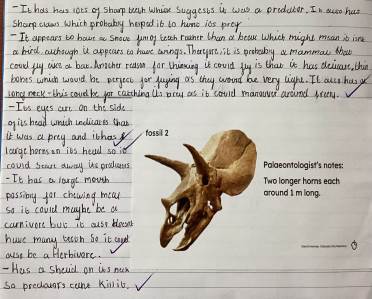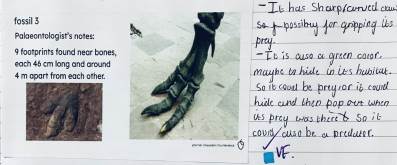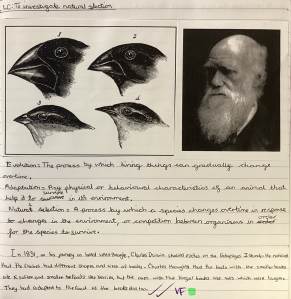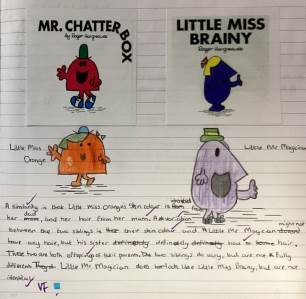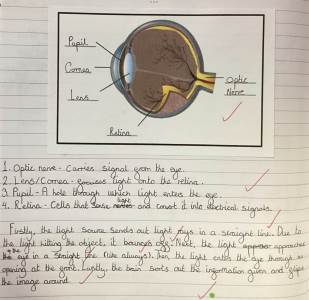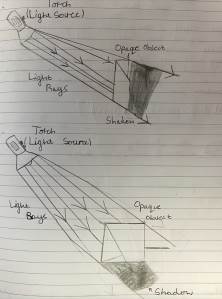Science
In Science, we want our children to be naturally curious about the world around them and to develop a sense of wonder about natural phenomena.
I am a Stoneyholme CSI, Critical Scientific Investigator, because...
- I am curious: asking questions, searching for answers and exploring the world around in a thoughtful and careful way
- I am imaginative: challenging ideas, creating models, illustrations and diagrams, looking for solutions
- I am an explorer: discovering new things, and enjoying the adventure of learning
- I am inspiring: sharing wonder and excitement about discoveries, inspiring others to ask their own questions and explore the world around them.
Road Map
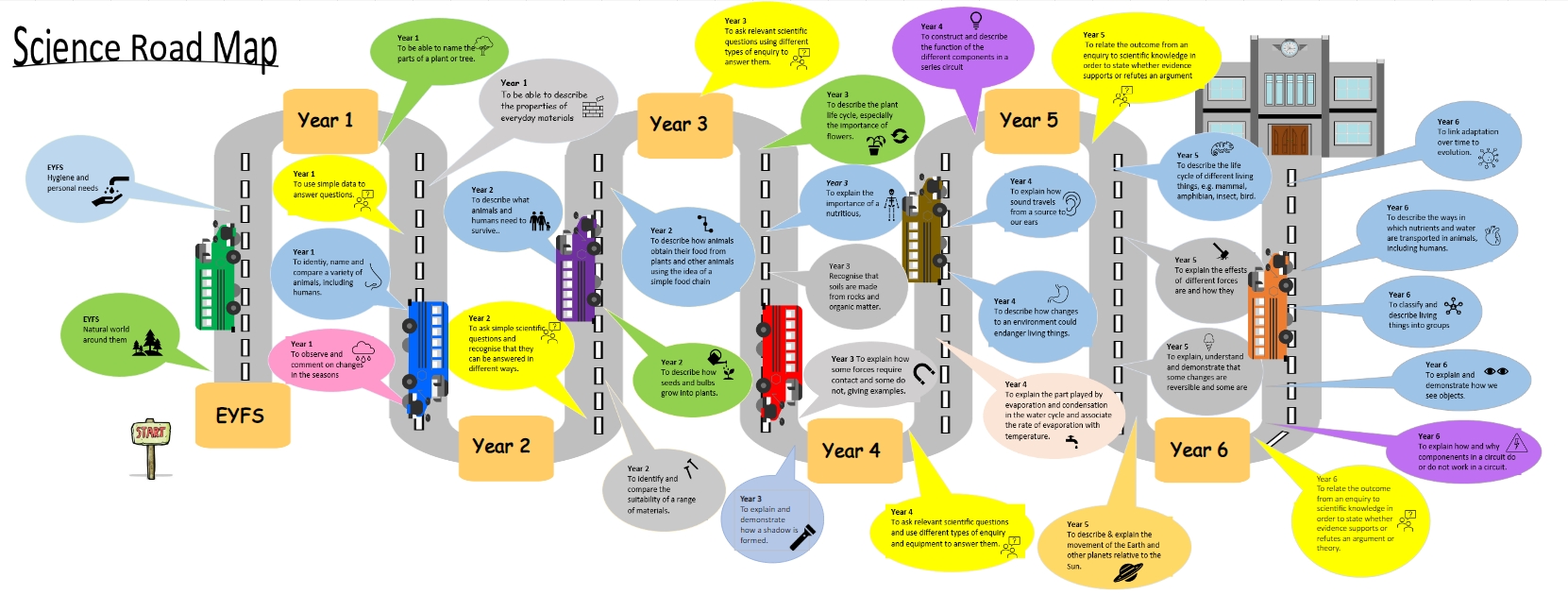
Curriculum Overview
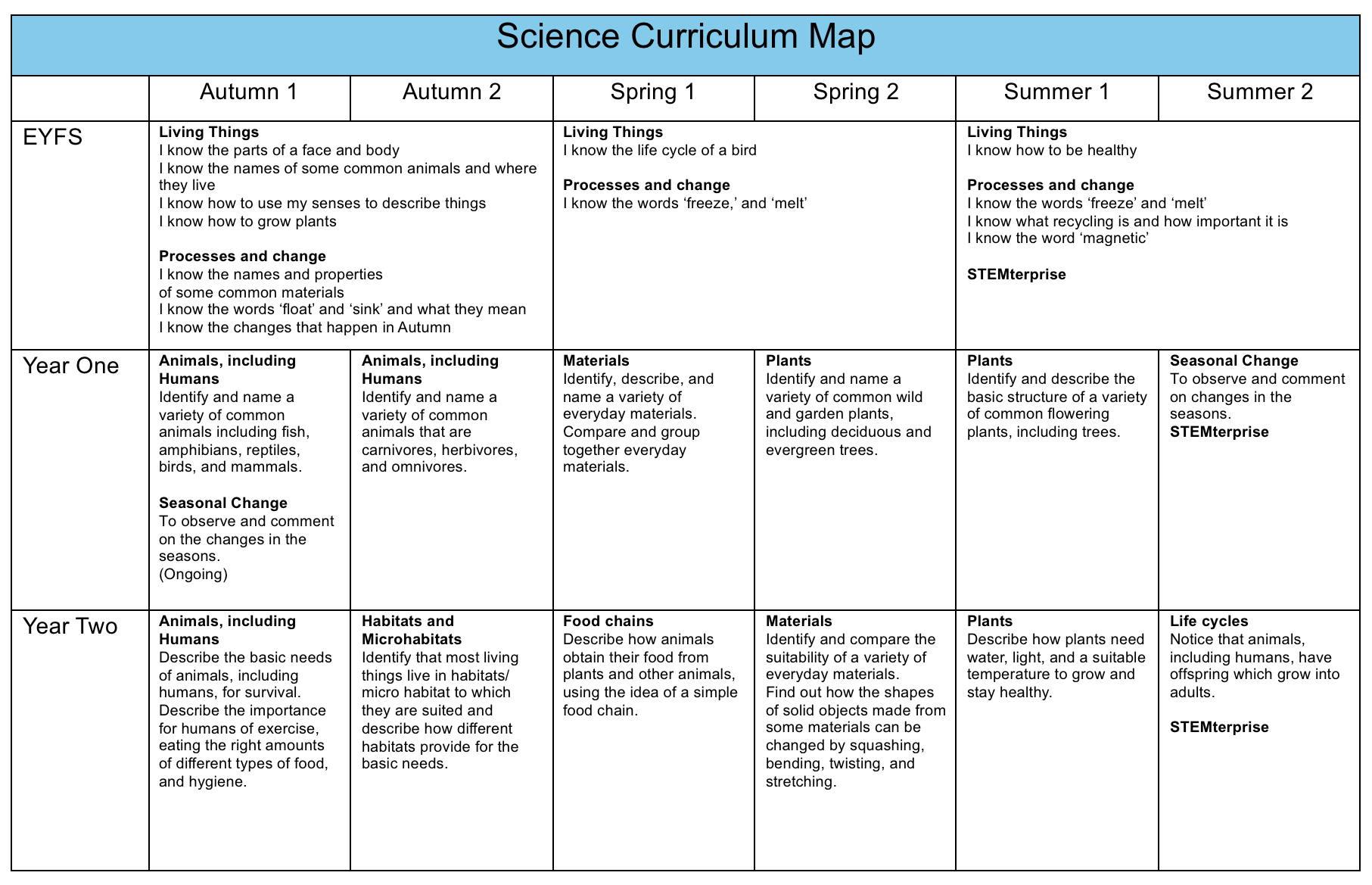
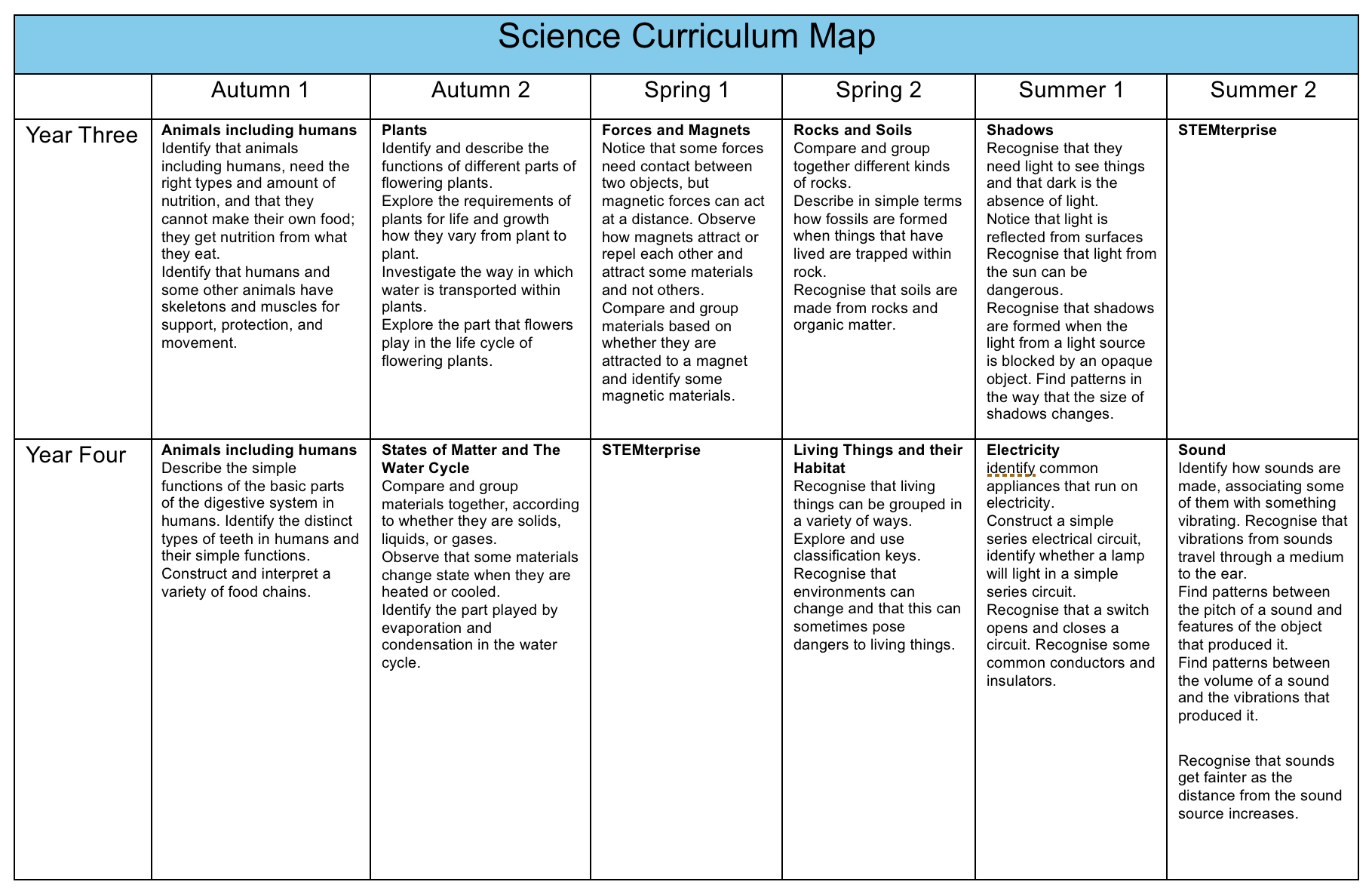
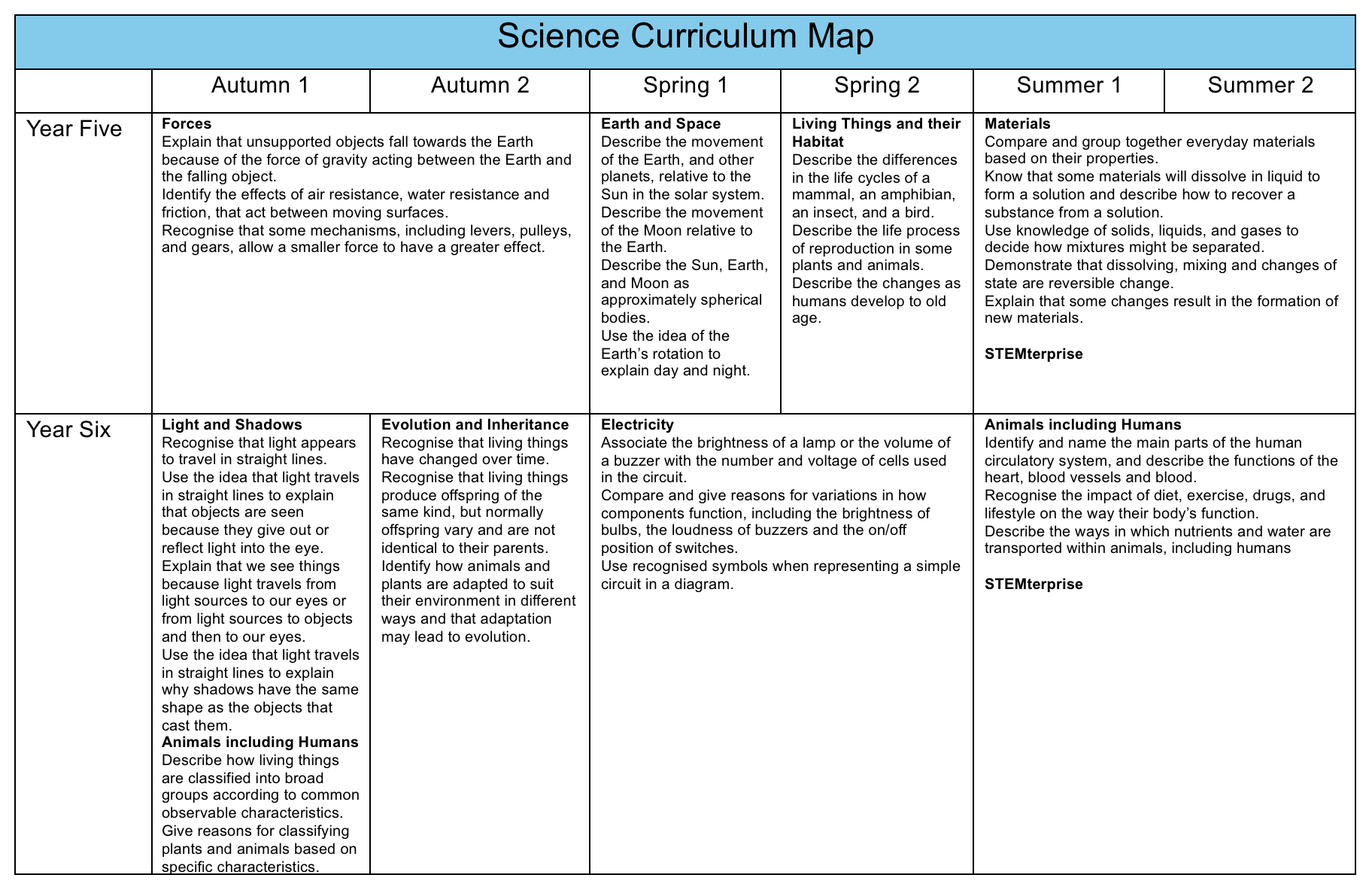
Understanding substantive and disciplinary concepts helps pupils think like real scientists. They ask questions, test ideas, and make discoveries!

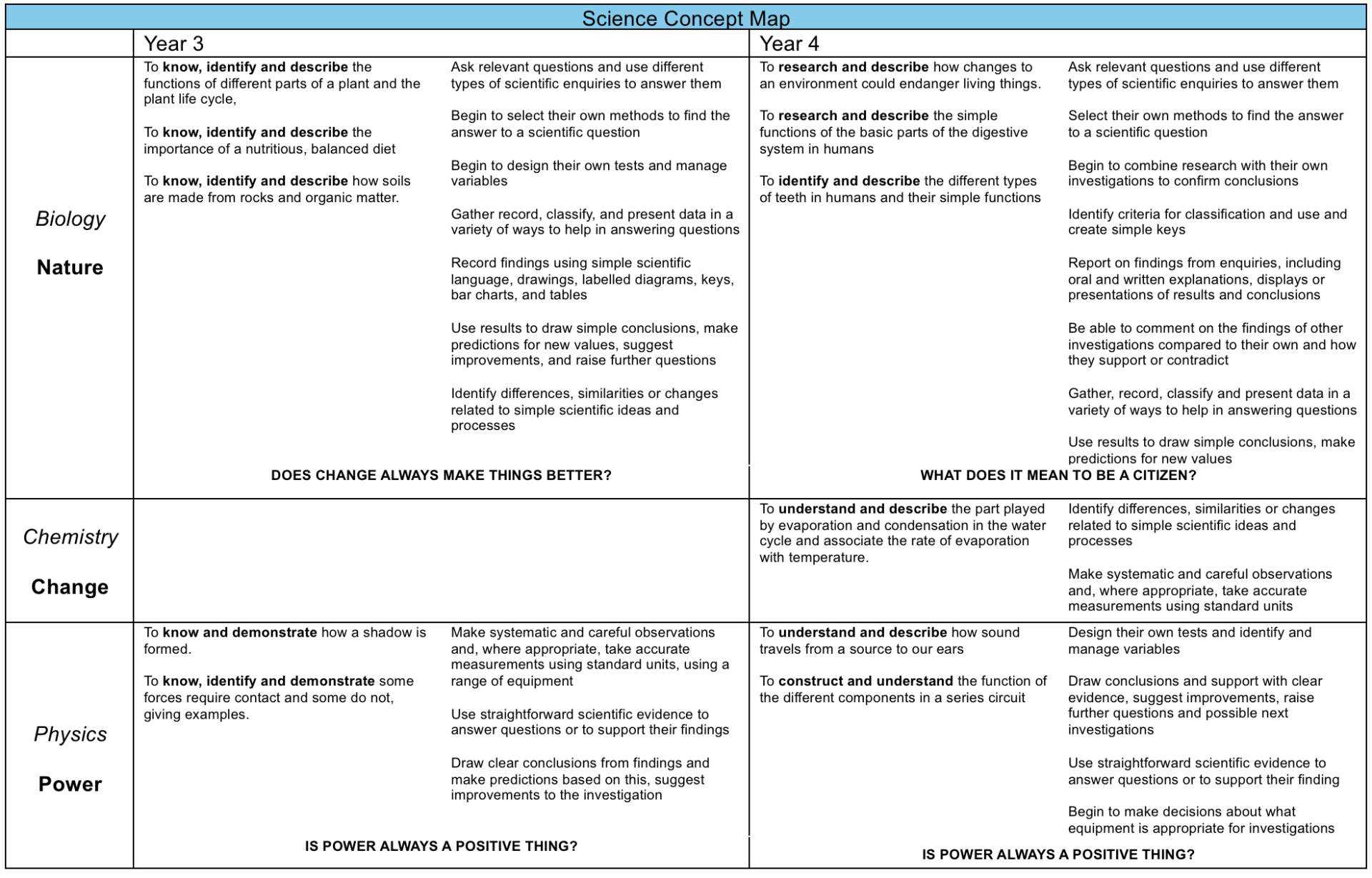
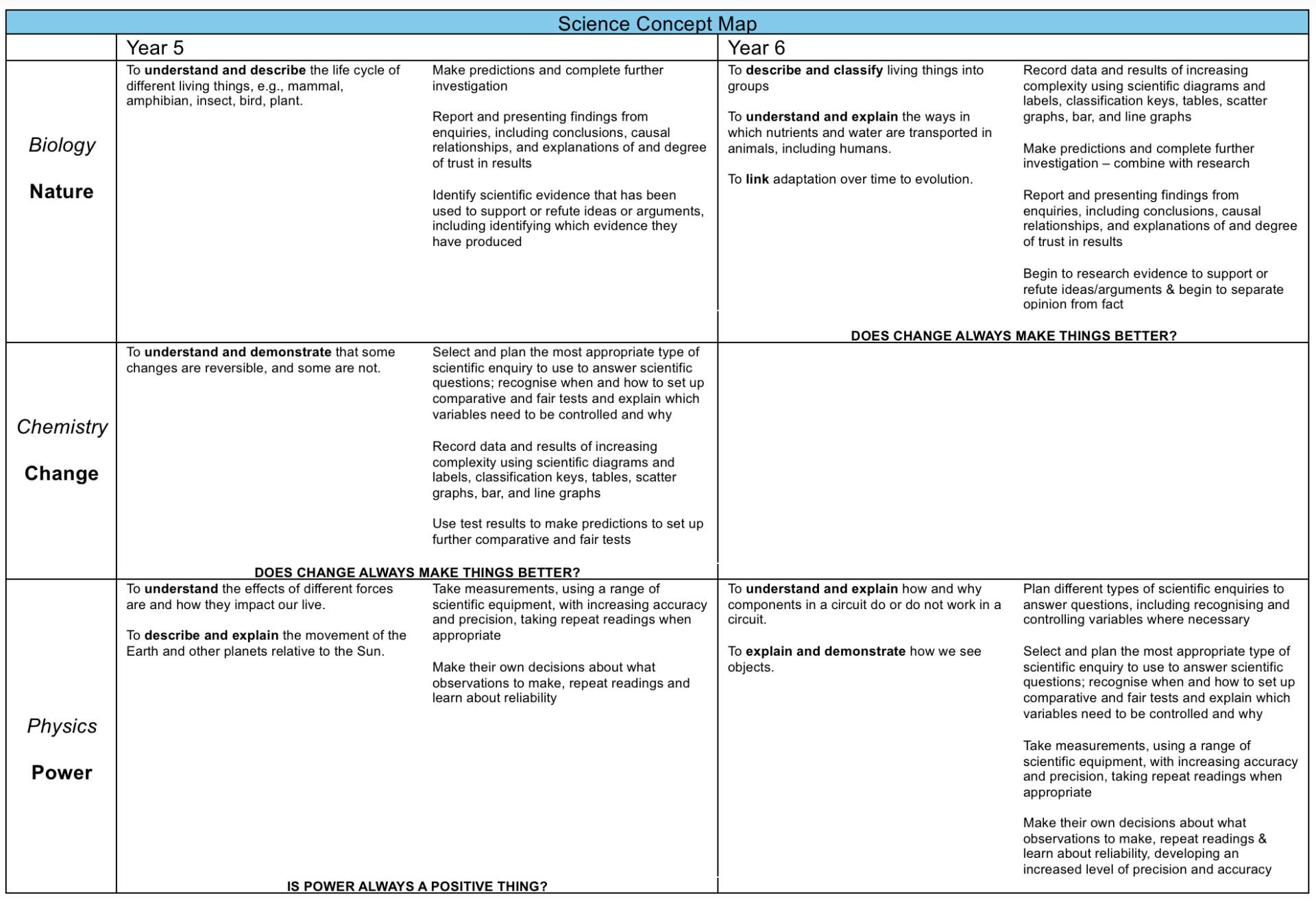
Situational Report
/i/J_Fernandes/Science_Situational_Report.mov
Policy
Science
Vision
At Stoneyholme Community Primary School, we want our children to be naturally curious about the world around them and to develop a sense of wonder about natural phenomena.
Intent
- To develop knowledge and understanding of important scientific ideas, processes and skills
- To relate such knowledge and understanding to everyday experience
- To ensure the children have a wide range of experiences, trips and visitors
- To stimulate learning, the outdoor environment and local area around school will be used frequently to embed and increase the subject knowledge
- To learn about ways of thinking and of finding out about and communicating ideas
- To explore values and attitudes through Science
- Opportunities for the development of English and Maths skills will be identified and taught through all areas of the Science curriculum
Implementation
The EYFS Science Curriculum is taken from the EYFS Statutory Educational Programme
- In the EYFS pupils explore their knowledge and understanding of the world through hands on practical activities in continuous provision and within more specifically structured activities. They begin to look at how they can sort and classify objects and living things through their topics
- Pupils are given stimulus to enhance their discussion and use of their senses to make explanations as to why things work and happen
- Pupils are encouraged to talk about their immediate environment, to develop their knowledge and to understand that environments might vary from one another and at different times of the year.
KS1 and KS2 planning is taken from the school’s science curriculum overview. As part of this planning process, teachers plan:
- A sequence of lessons for each unit, which includes progression and depth. Teachers ensure that they check prior knowledge and always review previous learning.
- Science is taught for one hour per week in KS1 and KS2
- Lessons that are engaging and have a strong focus on knowledge, including an emphasis on key scientific vocabulary for that unit
- To include a specific focus on a working scientifically skill in every lesson so that the children are mastering the processes used to find answers and the working scientific vocabulary
- A clear line of questioning that will enable teachers to assess the children’s understanding of key concepts new and old
- A short quiz on knowledge learnt which supports the children’s retention of key facts
- Challenge/Big questions for pupils to apply their learning
- Trips and visits from experts who will enhance their learning experience and enable children see how Science fits in to our daily life and impacts the world we live in
- Science is planned as a stand-alone subject however links are made where possible with the wider curriculum
- Every child is given opportunity to explore, problem solve, observe, predict, make decisions enabling them to know more and remember more
Impact
Our Science Curriculum is planned and organised to ensure progression. If children are keeping up with the curriculum, they are deemed to be EXS or GDS. We use the following methods to track their progress in Science:
- Key questioning on previous knowledge and current
- Quizzes at the end of units and these are repeated throughout the year
- Pupil discussions within class about their learning
- Pupil interviews about their learning with subject leader
- Monitoring of books, knowledge organisers, long term plans and the website
-
Environment learning walks
- Assessment against National Curriculum, weekly linked to key questions on knowledge organisers, recorded in the moment, and an overall judgement at the end of a unit of work
- Analysis of data at the end of an academic year
Pupil Voice
Why is it important to learn about Science?We learn about the different animals, we have mammals, birds, fish, amphibians
Year One Pupil
/i/J_Fernandes/My_Movie_7.mov
Why would you like to be a scientist?
I might observe things no one else has observed.
I want to discover things that have gone and are going to be.
Year 5 pupil
Showcase
EYFS
Year One
/i/video/Mrs_Lavery/Year_1.mov
Year Two
/i/video/Mrs_Lavery/Magic_Movie.mov
Year Three
/i/video/Mrs_Lavery/Magic_Movie_2.mov
Year Four
/i/video/Mrs_Lavery/Year_4.mov
Year Five
Year Six
Science - Year Six

